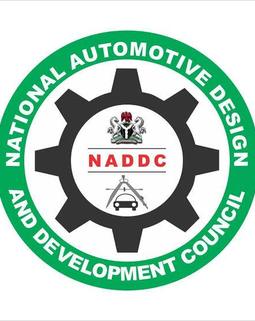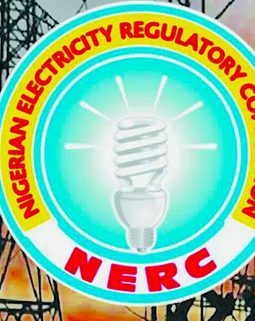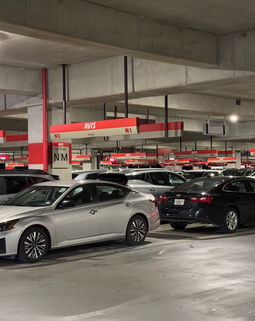Mr. Remy Olafy, Executive Director of the NAMA, pointed out the reasons for the poor development of the country's automobile industry. In the early 1970s, Nigeria had six successful auto industries that served the country's car needs. These companies produced cars, buses, trucks, and vans, but they are only a shadow of their former selves.
In an interview with Nigerian Automotive Press, Mr. Olaofe pointed out that Nigeria has established an automotive hub in Ghana instead of using its huge population and manpower to develop the automotive industry. He hoped that Ghana had used its policy to develop the automobile industry even though the national automobile policy had not been implemented.
"In Ghana, people say that Nigeria is the source of Ghana's auto bills. Auto bills written and packed here, taken by someone, by a country that knows what they want to do, and implemented it. I know some of the country's main car assemblers should be in Nigeria, but now they are in Ghana.”
Unfortunately, the government has not been able to provide legal support for the country's auto policy, Olaofe said.
"It's unfortunate that we still use our limited resources to help other economies thrive.
Further, he said that the government's lack of will is holding back the policy. There has to be a commitment from the government. “
"The only thing holding back auto policy is a lack of political will. First, there has to be a commitment from the government.
“Commitments will only come from the assessment of policy objectives. So we need to look at the micro-findings and not be fooled by whoever has the data because the data has to come from the source. But the data we get from Nigeria is different. So that makes the work difficult for us.”
He further said that it's easier to trade than to produce. All you need is a showroom. You know the customs clearance costs, duty, retention, and margin from the start. But in production, you have a lot of things to consider. For example, people, raw materials, capital, and structure. These will all be used to assemble the vehicles.
"Remember that the people who imported vehicles before were mostly involved in assembling the vehicles. So when they had multiple types of cars to import, they can use one for their auto policy for assembly.”
He said that the auto industry in Nigeria needs to work together on a single platform instead of going its way.
Therefore, when everyone chooses their way, they can be treated unfairly. When we lack unity, our voice is just ineffective. That's our main challenge. In the end, he said, "I sincerely pray that NAMA realizes that it needs to take its rightful place and that members play their part in achieving goals."





